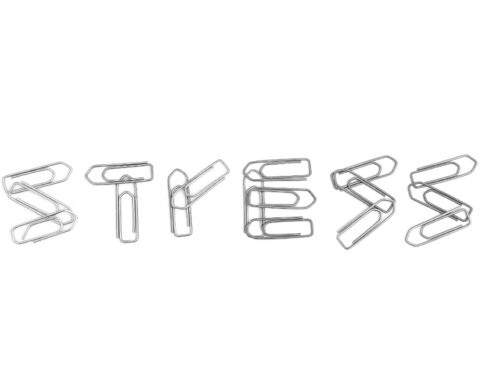A new study was released that examined over 40 prior studies on the topic of perfectionism and burnout. Happily, the news isn’t all bad. The researchers noted that not all perfectionism is created equal – perfectionistic strivings are different from perfectionistic concerns.
Perfectionistic strivings involve setting really high personal performance standards, while perfectionistic concerns involve concerns (even strong fears) over making mistakes and being judged negatively by others for being imperfect. Interestingly, the researchers found that perfectionistic strivings had only a small or insignificant relationship with overall burnout and symptoms of burnout; however, perfectionistic concerns showed medium to large correlations with overall burnout and burnout symptoms.
What does that mean? Perfectionism doesn’t always set you up for burnout. The bigger issue is whether your perfectionism is being driven by a larger fear of being harshly judged for being imperfect.
A certain level of perfectionism is required at times on the job. A surgeon needs to make the right incision, a lawyer needs to file a case timely and make the proper arguments in court, and pilots don’t have much room for error when landing a plane. Having high standards and perfectionistic tendencies in limited and very focused instances such as the ones I mentioned may help you do your job effectively. Perfectionism becomes a problem when it drives workaholism, burnout, fear of failure, fear of making mistakes and not meeting other people’s expectations.
I will tell you from personal experience that the very best things in my life have come when I’ve had the courage to be vulnerable, expose my flaws, and be completely imperfect. To quote Superhero Life blogger Andrea Scher, “Good enough is really ‘effin good.”
Reference
Hill, A.P., & Curran, T. (2015). Multidimensional perfectionism and burnout: A meta-analysis. Personality and Social Psychology Review, 1-20.]]>






